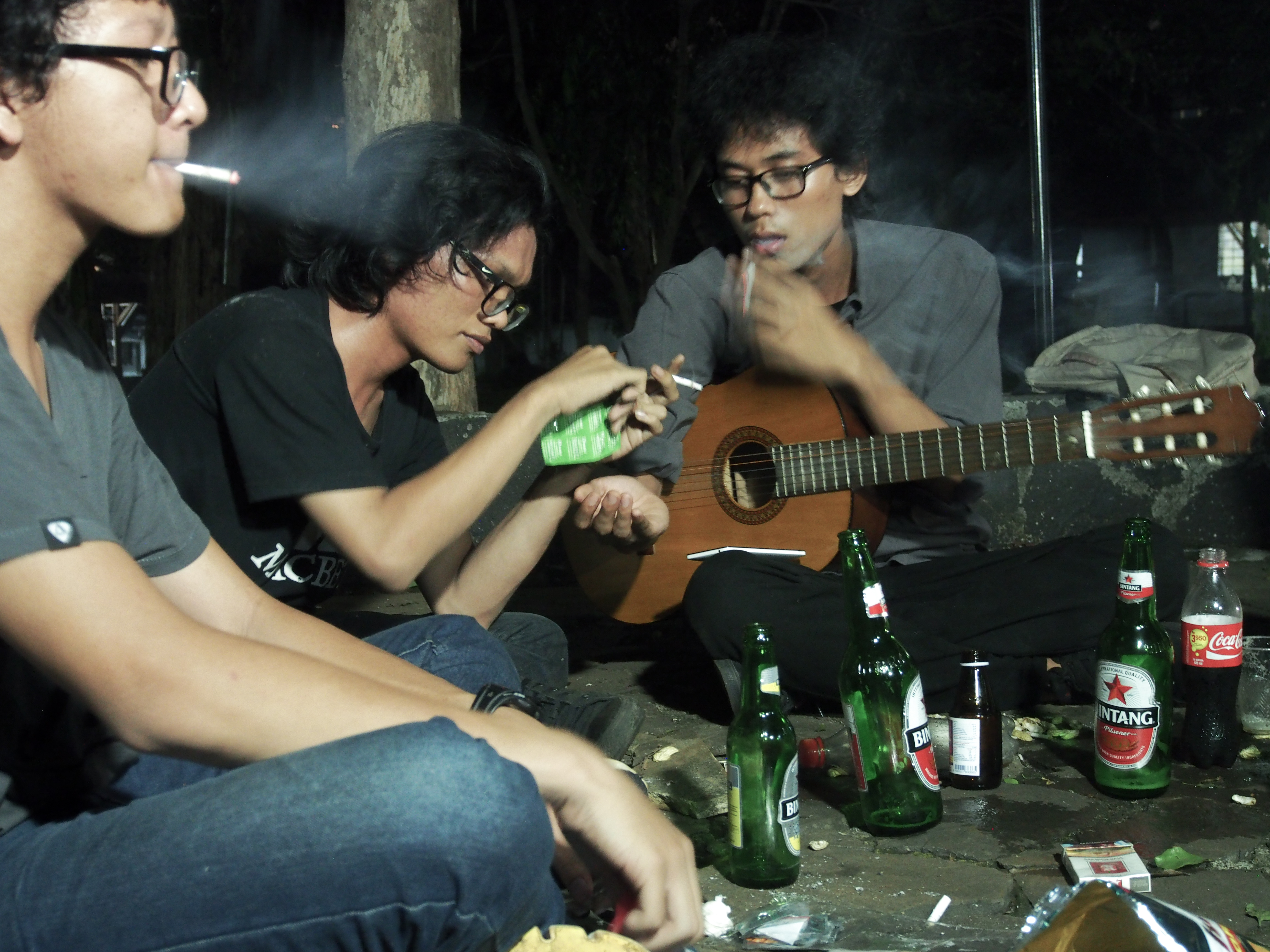Experimental Trajectories of Young Users of Psycho-active Prescription Drugs in Urban Indonesia
DOI:
https://doi.org/10.5617/jea.7054Abstract
In Indonesia, a country with stringent drug laws, psycho-active prescription drugs (PPDs) have become popular among urban youth as they are seen to be safe – both medically and in terms of the risks of being arrested. During the ChemicalYouth project, which involved a multi-sited ethnography in urban centers in South Sulawesi (Makassar, Gowa, and Maros) and in Yogyakarta, we found that young people encourage each other to try out different kinds of PPDs to determine which (combinations) work best for them. Sharing their experiences, they jointly build up knowledge that guides their ‘experimental trajectories’ (Raikhel and Garriott 2013). The experimental trajectories of youths are enabled by pharmacies, where young people can buy PPDs, and private sector doctors who sell and prescribe PPD prescriptions. When certain PPDs become harder to get, young people will try out new substances in their search for happiness, highs, and the confidence and stamina needed to perform precarious informal sector jobs such as sex work, street singing, and helping people park their cars. Across the sites, the researchers encountered young people realizing that they had become addicted to PPDs. Simultaneously, health workers lack instruments to prevent harm related to PPD use as they work in public sector harm reduction programs designed narrowly to address illicit heroin addiction. We argue that educational interventions need to address the desires and aspirations for good enough lives that are reflected in young people’s creative poly-drug use practices, and the iatrogenic effects of unregulated pharmaceutical markets that enable medicalization of precarious lives.

Downloads
Published
Issue
Section
License
Authors retain copyright and grant the journal right of first publication with the work simultaneously licensed under a https://creativecommons.org/licenses/by-nc-nd/4.0/
that allows others to share the work with an acknowledgement of the work's authorship and initial publication in this journal, for non-commercial purpose, no derivatives are permitted. (Please not that this license has been used since 1.10.2018 and will be used in the future. Articles published between 1.1.2017-and 30.9.2018 are licensed under CC BY license: https://creativecommons.org/licenses/by/3.0/) Authors are able to enter into separate, additional contractual arrangements for the non-exclusive distribution of the journal's published version of the work (e.g., post it to an institutional repository or publish it in a book), with an acknowledgement of its initial publication in this journal. Authors are permitted and encouraged to post their work online (e.g., in institutional repositories or on their website) prior to and during the submission process, as it can lead to productive exchanges, as well as earlier and greater citation of published work (See The Effect of Open Access).


